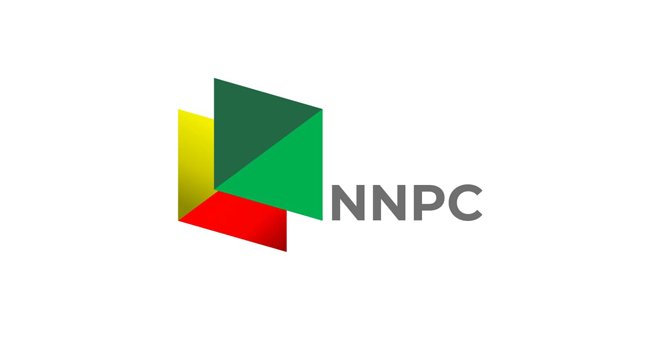
The Senate Committee on Public Accounts has given the Nigerian National Petroleum Company Limited (NNPCL) a 10-working-day ultimatum to address queries regarding a ₦210 trillion discrepancy identified in its audited financial statements.
The discrepancy includes ₦103 trillion labelled as “accrued expenses” and another ₦107 trillion listed as “receivables,” which were flagged during the committee’s review of NNPCL’s financial records from 2017 to 2023.
At a hearing on Thursday, the committee, led by Senator Aliyu Wadada, rejected NNPCL’s request for a two-month extension to respond to the queries. The company cited the absence of top executives currently outside the country as the reason for the delay.
Describing the request as “nonsense,” Senator Wadada expressed dissatisfaction, stating, “This committee is not expecting any documents from the NNPCL. We were expecting answers to the 11 questions we asked them.”
“Why should a corporate body like the NNPCL request for two months to respond to queries that emanated from their own internal audit? They are given 10 working days, which will be the 10th of July, to provide answers. If by that date they do not respond accordingly, all the powers of the Senate will be invoked to compel appearance.”
He warned that failure to comply would result in the Senate using its full constitutional powers to ensure the company’s cooperation.The committee resolved that Bayo Ojulari, Group Chief Executive Officer of NNPCL, must personally appear before the panel on July 10.
At the previous session, the committee had flagged inconsistencies in NNPCL’s records, including a case where its subsidiary, National Petroleum Investment Management Services (NAPIMS), reported a profit of ₦9 trillion from 2017 to 2021, while the parent company recorded a loss of ₦16 billion in the same period.
Senator Wadada further explained that in the audited financial statement, ₦103 trillion was recorded as accrued expenses, covering items such as retention fees, legal fees, and auditor fees. However, there were no supporting references for the contracts that generated the retention fees, which he noted should typically account for 5% of the total contract sum.
He said the retention amount stood at around ₦600 billion, but no breakdown or justification was provided. Similarly, the legal fees lacked documentation of the engagements that incurred them.








